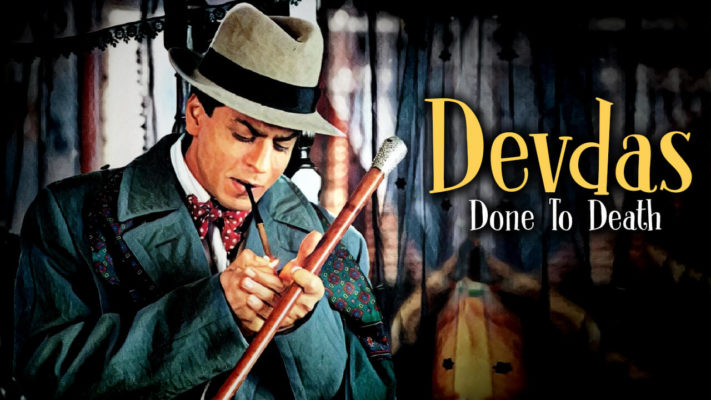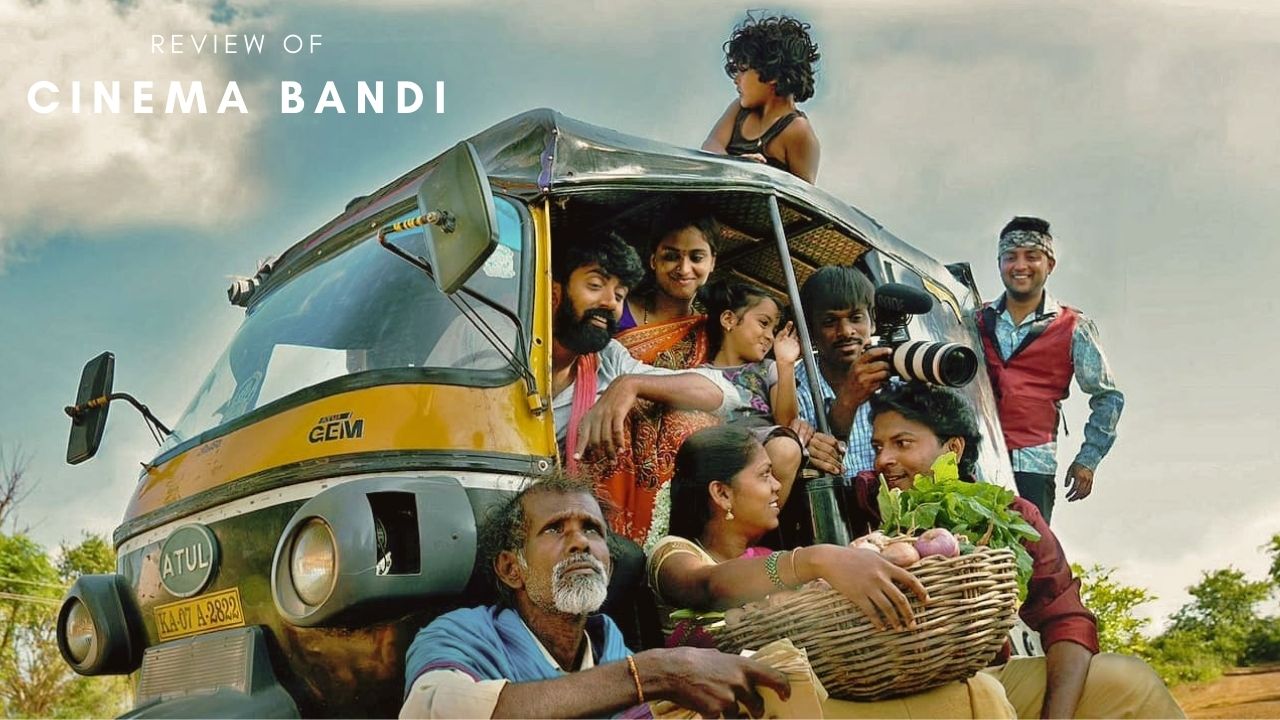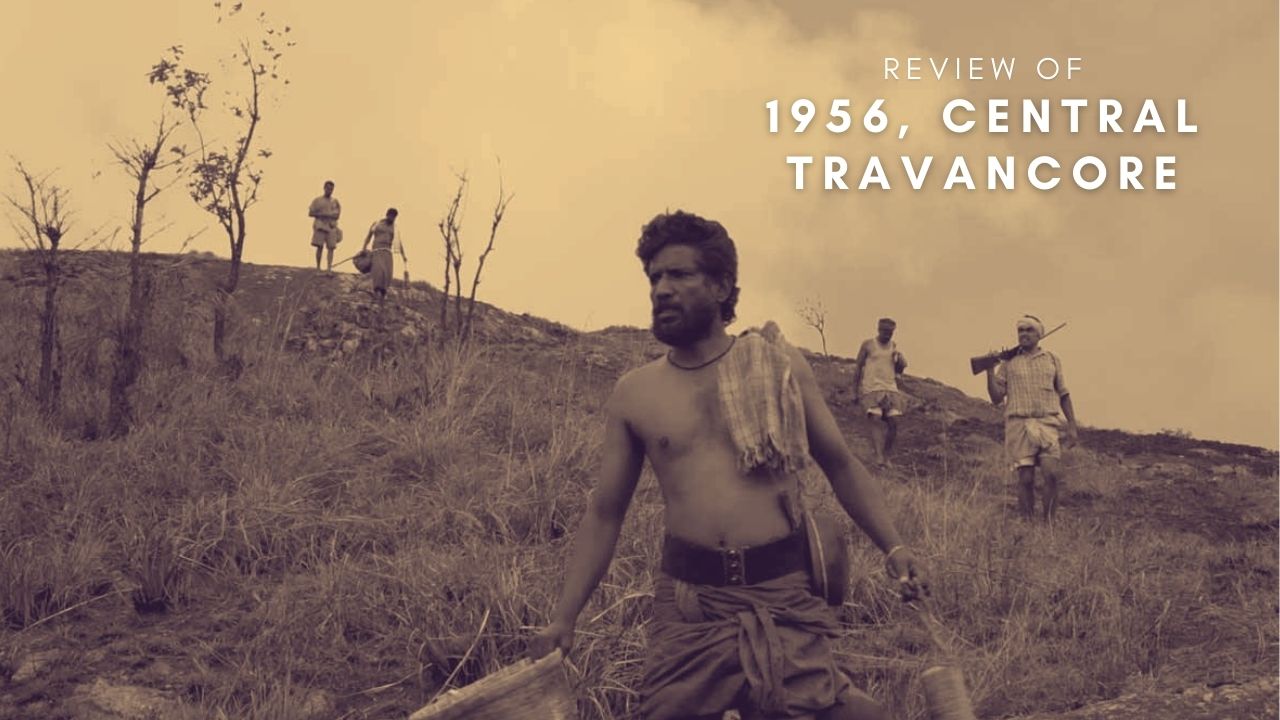
A Story Which Gets Too Much Screen Time
Taking a novel and making a movie out of it is not a unique idea. It is an oft-repeated trope by filmmakers, who look into significant literary works to pay homage or to get inspired. However, what sticks out in this mix is a novel that, one would argue has been done to dearth. Yes, I am talking about Sarat Chandra Chattopadhyay’s famous Bengali novel Devdas.
The Story Of Devdas, Time And Again
How many retellings of this novel did we have on the screen? If we are to brush aside the TV adaptations, inspired adaptations and theatre performances, we will still have 17-18 movies. I am no one to tell you what the best renditions are of the novel. However, for the sake of a timeline, here it is-
The 1920’s
We start way back in 1928 with the silent version, directed by Naresh Chandra Mitra.
The 1930’s
We come across three more versions by P.C. Barua- one in Bengali, another in Assamese and then another one in Hindi. In the latter, we had K. Saigal, a singer and an actor, playing the titular role. A trifecta should have been enough for some time, but it wasn’t. Another Telugu/Tamil version soon was made by Vedantam Raghavaiah, called Devadasu.
The 1950’s (The Most Famous Of Them All)
Here, we take a break because we would need to talk about the next adaptation that came in a little detail. Devdas was now in the hands of Bimal Roy, a giant in Hindi cinema industry. Now Roy had assisted Barua on the sets of Devdas (Hindi), but he felt that another retelling was needed.
Roy, who had also made Do Bigha Zamin after being inspired by Bicycle Thieves, believed that the novel had much more potential. This time stars poured in – Dilip Kumar as Devdas, Vyjayanthimala as Chandramukhi and Suchitra Sen as Paro. The movie, with stellar acting by the cast under the skilful hands of Roy and music by Sachin Dev Burman, became one that cine-goers would remember for years to come. Roy’s Devdas is the movie that you would want to watch to soak in the tragedy of the anti-masculine hero, who was on the path of self-destruction.
Devdas Of The 2000’s
Several films later we reach to Sanjay Leela Bhansali’s Devdas. Bhansali injected glamour into a sad tale and it became a roaring success. Much shouldn’t be said about this movie; just the fact that it’s a visual treat with Madhuri, Shah Rukh and Aishwarya playing it to the audience, should be enough.
One thing that is to be noted here is that all this time, these retellings based themselves on the mannerisms of a novel that is over a 100 years old. All of them had the same hackneyed approach without critical improvisation. The backbone remained the same.
This is why the millennial generation could relate more with Kashyap’s Dev D rather than Roy’s or Bhansali’s Devdas. Kashyap brought the modern day grittiness to the story and, sure enough, the movie was an underground cult hit.
This year too, we will get another take on the novel – this time by Sudhir Mishra of Hazaaron Khwaishein Aisi fame. The movie has been in the making for four long years and it is scheduled to be released in March this year. This one will be called Daas Dev.
By this time, you must be wondering what is it with this novel? And those who have read it would be scratching their heads wondering, what would another film based on the same novel bring to the table this time?
Incidentally, all this should be read keeping in mind what Madabhushi Rangadorai wrote in his Hindu column – “At one time Sarat told his pals that if he only he had visualized the negative impact his book was going to have on the youth he would not have permitted his book to be filmed at all!.”
Another film historian once said “Saratchandra Chattopadhyay wrote this novel at the age of 17. It is surprising that this immature piece of fiction should have created such an archetypal hero, a romantic self-indulgent weakling who finds solace in drink and the bosom of a golden-hearted prostitute.”
The Key To Re-Creating A Masterpiece
After all the movie versions I have seen, and after reading the novel twice (once at 18 and then again at 25), I have come to the understanding that it is perhaps not the story in its purest sense that attracts filmmakers or even the audience. Rather it’s the tragedy that it has embedded into it; the fact that the hero is not an alpha male or a man that has a definitive purpose. Instead, he is a man, who succumbs to vices and helplessness.
Devdas doesn’t glorify death or failure. It’s the filmmakers, who have done that to draw the crowd. Devdas shows the influence of female leads in the story and, although, he is the one doing all the shenanigans, he’s just a man, around whom time is passing by, leaving him behind. Although one might agree with Sarat Chandra, who never considered Devdas to be one of his significant works, or with the critics, over the years who have said the story is giving too much into itself, but still it remains a story that gets told often.
The novel urges, at the very end that if the reader ever stumbles upon someone like Devdas, one should pray for such a soul; pray that no one dies such an unfortunate death. Devdas is self-absorbed, self-loathing and precarious, however, at the same time, he is a romantic, obsessed and frail. This realization is the most significant draw from the novel and its interpretations through cinema.














